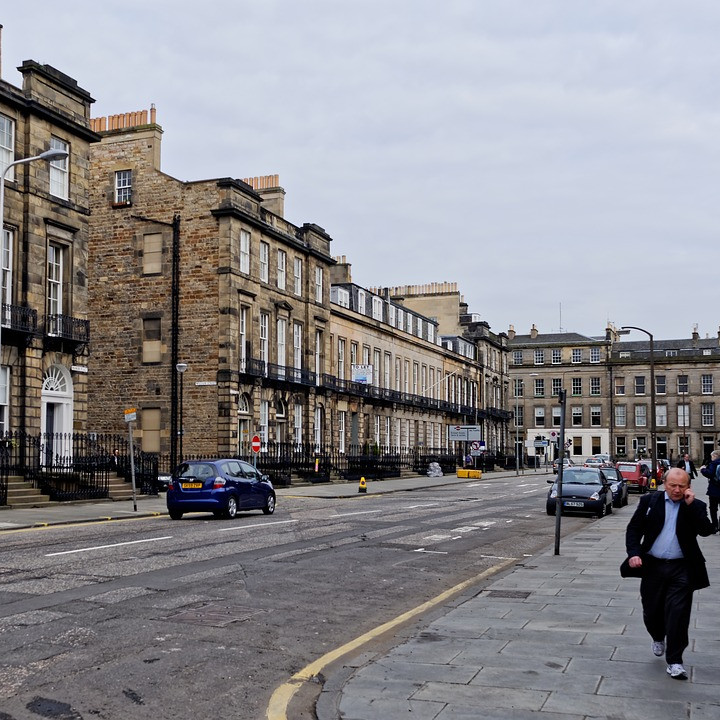North and Scotland outperform South in Brexit-paced prime housing market
The UK’s prime regional and country house market held up better than expected in the first quarter of 2019 given heightened political uncertainty and fragile consumer sentiment, according to international real estate adviser Savills.
The overall market has been supported by the relative strength of regional markets. The city of Edinburgh remained the star performer showing annual price growth of 7.4 per cent. This meant that Scotland was the strongest regional market, with values up 2.3 per cent on average.

Average values remained unchanged in first three months of 2019 and slipped just -0.9 per cent over the past twelve months, but performance varied between regions and value bands. All regions outperformed London, continuing a pattern seen since the Brexit vote.
The strongest performing regions over the past year have been those furthest from London. Modest price growth was seen in the Midlands and North of England, where values ticked up by 0.7 per cent year on year. Regions closer to London saw values fall over the past year, a trend that continued in the first quarter.
In the market over £2 million, average values are now down -6.3 per cent compared to their pre EU referendum level, with prices for the large country houses still on average -21 per cent below their 2007 peak. Even in the high value hotspots of the Home Counties and Cotswolds, values remain -8.6 per cent down, having slipped a further -1.1 per cent over the past twelve months.
By contrast Scotland’s million pound market is enjoying its strongest performance since 2008, with 211 transactions recorded during 2018. There were 18 above £2m, the highest since 2008. With 128 transactions, including 15 above £2m, Edinburgh continues to dominate. Whereas in 2016 and 2017 there was activity above £3m, there were no transactions at this level in 2018.
“Across the UK there is a market for well-priced stock from buyers sensing an opportunity to trade in a less competitive environment who are prepared to take a long term view of the market,” said Lucian Cook, Savills head of residential research.
“Brexit remains the biggest single constraint on the wider UK market, contributing to a lack of urgency among buyers, who will only commit when they perceive real value. A widening of the gap between buyers and sellers in terms of price expectations is also dictating the pace of the market, making it more difficult to put chains together.”
Savills points to a build-up of potential buyers, watching the market but adopting a ‘wait and see approach’ until there is greater clarity around Brexit. The firm registered 16 per cent more buyers, with viewings up 20 per cent in the first three months of 2019 than in the same period last year.
“Anything that gives greater certainty is likely to release the brakes on turnover. But regardless, the market is expected to remain price sensitive over the remainder of the year,” said Cook.



